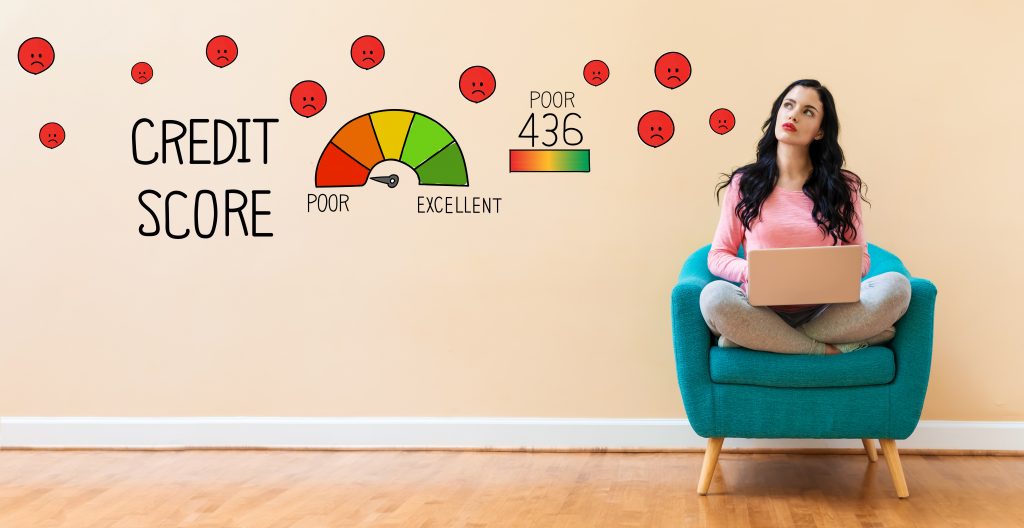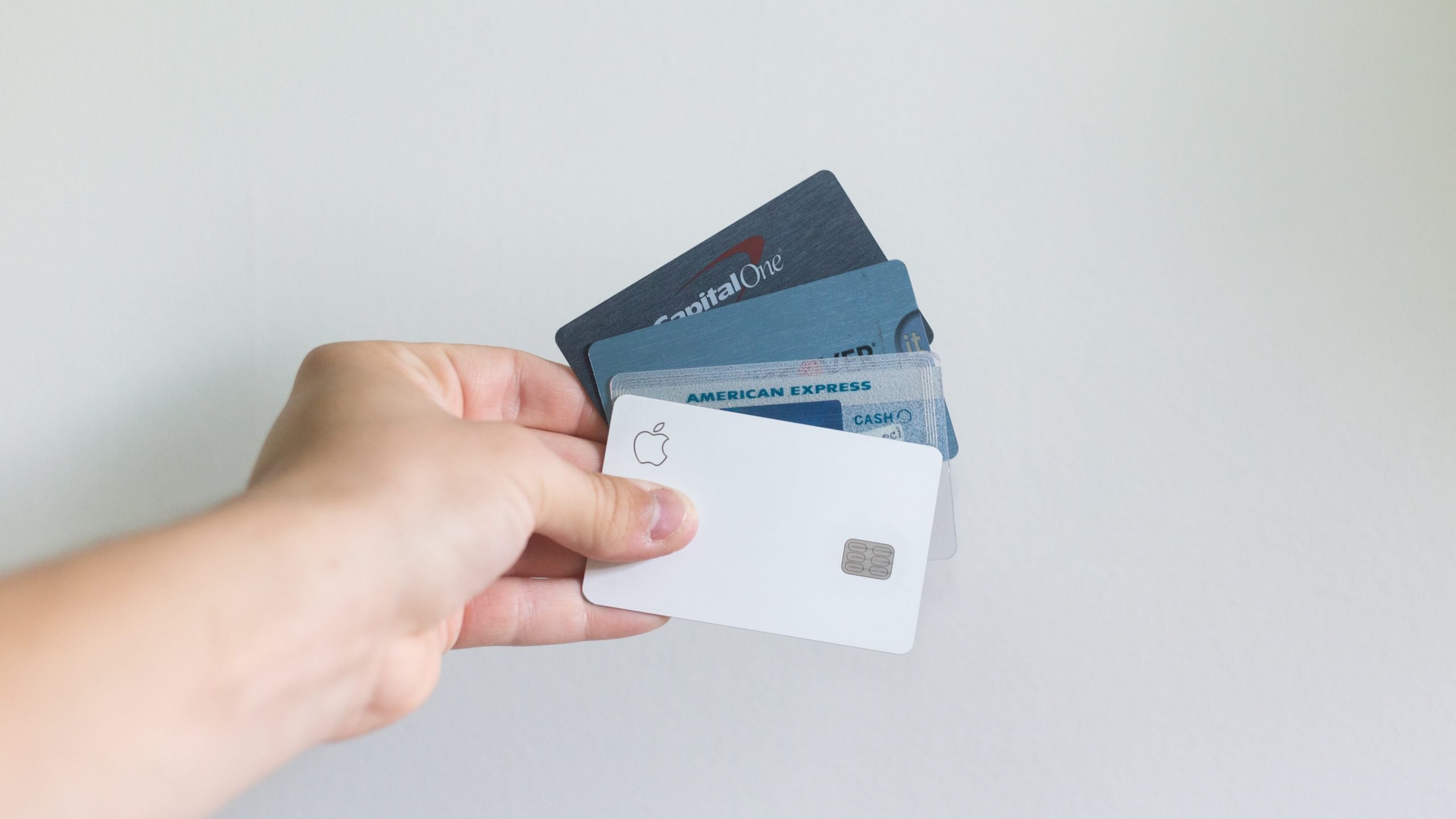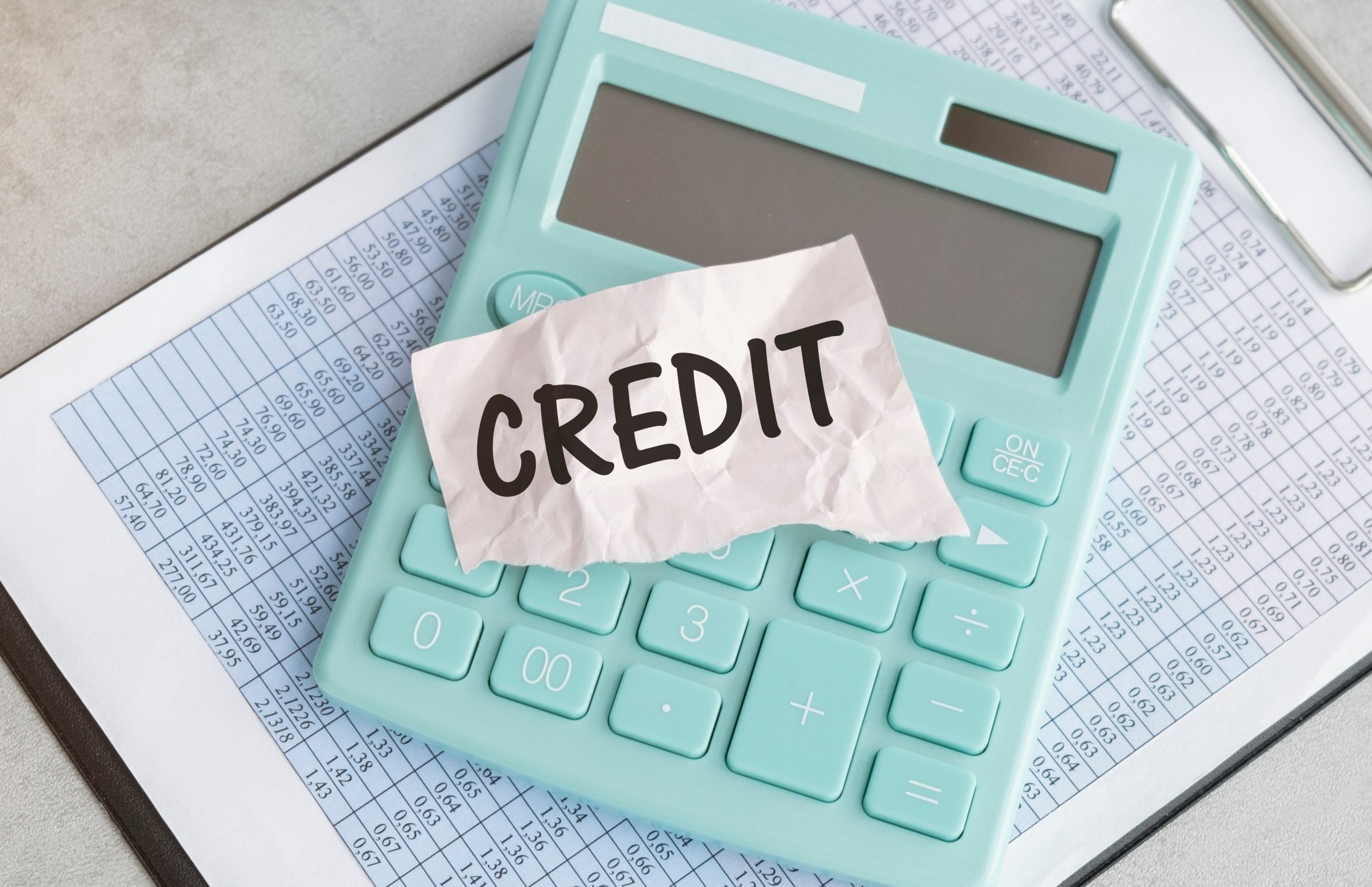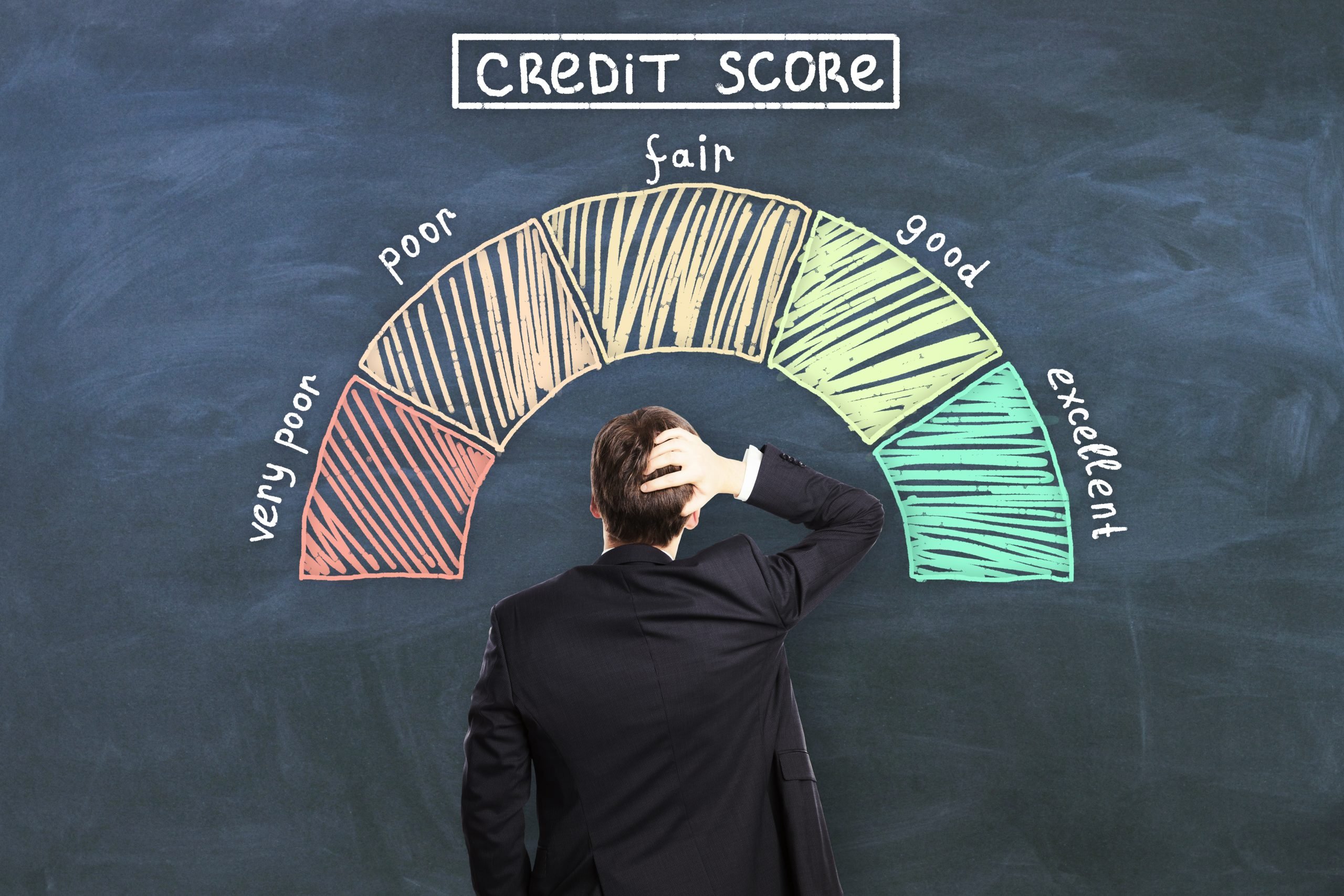Finances
What is the lowest credit score possible?
Discover what is the lowest credit score possible and how it can affect your finances. Can you improve your poor score? Find it here!
Advertisement
What You Should Know About the Lowest Credit Score

Your credit score determines a lot about your financial life, from your ability to access loans to your ability to rent an apartment. So, what is the lowest credit score possible?

Choose your 0% APR card
Select an option below and we will recommend you the best 0% APR card based on your preferences.
In this blog post, we’ll dive into these questions and provide some helpful insights to help you navigate the world of credit scores. Read on!
You will be redirected to another website
You’ll receive messages for less than 1 week, with a maximum of 1 message per day. You can unsubscribe anytime by replying STOP. By submitting this form, I confirm that I am 18+ years old and agree to the Privacy Policy and Terms and Conditions. I also provide my signature, giving express consent to receive informational messages via automated emails, SMS, MMS text messages, and other forms of communication. Message frequency may vary as part of our good-faith effort to respond to your inquiry. Message and data rates may apply. Text STOP to cancel. I understand that my consent to receive communications is not a condition of purchase and that I may revoke my consent at any time.
Advertisement
What is the lowest credit score possible?
The lowest possible number that a consumer can have is 300. Credit scores range from 300 to 850, with a history and will likely struggle to access credit cards or loans.
It’s important to note that a credit score doesn’t just reflect your current financial situation and your past behavior.
For example, if you’ve missed payments or had accounts sent to collections in the past, this can harm your credit score for years to come.
Factors That Affect Your Credit Score
Your credit is a crucial aspect of your financial well-being. The better your it is, the more likely you will receive favorable terms and conditions on loans, mortgages, and cards.
However, contrary to popular belief, a good credit score doesn’t just depend on your repayment history.
Several factors can contribute to a low credit score, including minimal history, high utilization, late payments, collections, and bankruptcy.
These variables can interact, so it’s important to address each to improve your credit score.
Thinking about that, we’ve gathered the most important factors that influence your credit score negatively.
Advertisement
1. Payment History

Payment history is the most crucial factor that can influence your credit score. If you have missed payments or paid late in the past, it can negatively impact your score.
On the other hand, consistently paying your bills on time can boost your credit rating.
2. Credit Utilization
It refers to the percentage of your credit limit that you’re using on your credit cards or other lines of credit.
If your credit utilization is high, it can bring down your credit rating. Experts recommend using no more than 30% of your credit limit.
Advertisement
3. Credit Age
The age of your credit accounts is another factor that affects your credit score.
The longer you have bad credit, the higher your credit rating will be. So, avoid closing old credit accounts to maintain a good credit age.
4. Credit Mix
Your credit mix refers to the types of credit you’re using, such as credit cards, loans, or mortgages.
If you have a healthy credit mix, then it can positively impact your credit score.
5. New Credit
Applying for too many loans and cards in a short time frame can hurt your score. So, be mindful of how often you apply for loans or credit cards.
6. Hard Inquiries
Hard inquiries occur when a lender pulls your credit report to authorize a loan or credit card request.
Too many hard inquiries on your report in a short time period can negatively impact your credit score.

How to build credit to buy a house: 10 best tips
Creating your strategy is key, but some steps you can take will immediately impact your score if you want to know how to build credit to buy a house. Keep reading!
7. Delinquencies
Delinquencies, like missed payments, can bring down your credit rating significantly.
The more delinquencies you have, the worse the impact on your credit.
8. Derogatory Marks
Derogatory marks, such as bankruptcies or foreclosures, can significantly impact your credit score.
9. Debt-to-Income Ratio
Your debt-to-income ratio refers to the total debt you owe versus your income. A high ratio can hurt your credit rating, representing a higher risk for lenders.
10. Public Records
Public records, such as tax liens or civil judgments, can damage your credit score.
Ways to Improve Your Credit Score
Good credit doesn’t come naturally, and it is a long-term goal. So, if you want to start improving yours, there are some things you could do.
1. Don’t default on payments
Payment history accounts for 35% of your score. Therefore, paying your bills on time is imperative. Late payments will drag your score down.
Therefore, set up reminders, use automatic payments, or schedule recurring payments to avoid missing payments.
2. Use a small portion of available credit

The ratio of credit utilization to available credit makes up 30% of your credit score.
Using too much of your available credit will signal red flags to credit bureaus.
So, keep your credit utilization ratio below 30%. Try keeping your credit card balance low or nowhere at all.
3. Check your credit reports
You can request one free credit report a year from each major credit reporting agency in the US.
Checking these reports will let you know what accounts are open or closed, your payment history, and what your current balance is on your accounts.
This way, you can ensure that there are no errors and that you are not a victim of identity theft.
4. Keep old credit accounts open
Fifteen percent of your credit score consists of the length of your history.
Then it’s not wise to close old credit accounts, even if you’re in the habit of only using one of them.
Having a more extended history will positively impact your score.
5. Apply for credit sparingly
New credit applications make up 10% of your score. Multiple new applications for credit within a short period may signal red flags to credit bureaus.
It may make them think you are struggling to pay your mortgage and therefore applying for more credit. So, don’t apply for credit when you don’t need it all at once.
In conclusion, understanding “What is the lowest possible credit score I can get?” is crucial to your finances.
Don’t know how to calculate your credit score? Check out our post below for some tips. Read on!

Learn how to calculate your credit scores!
Having a good credit score is very important for your financial life. Keep reading to learn how to calculate your credit score!
Trending Topics

Bankruptcy vs. consumer proposal: which is the best choice?
Unsure if you should file for bankruptcy or consumer proposal? We will help you decide which option is best for your financial future.
Keep Reading
Child and Adult Care Food Program (CACFP): see how to apply
Learn how to apply for CACFP Child and Adult Care Food Program (CACFP) and ensure access to nutritious food! Keep reading and understand how!
Keep Reading
Upstart Personal Loan review: how does it work and is it good?
Here is our Upstart Personal Loan review explaining the innovative lending method without considering income! Borrow up to $50,000 fast!
Keep ReadingYou may also like

What Is a FICO Score? Understand the Basics
Demystifying your credit: What is the FICO Score? Learn how to improve it and take charge of your finances with our guide!
Keep Reading
First Citizens Bank Secured Cash Back Credit Card review
Looking for a secured credit card with cash back rewards? Get a complete First Citizens Bank Secured Cash Back Credit Card review here!
Keep Reading
National School Lunch Program: see how to apply
Learn how to apply to the National School Lunch Program and get your children nutritious meals. Learn more now!
Keep Reading